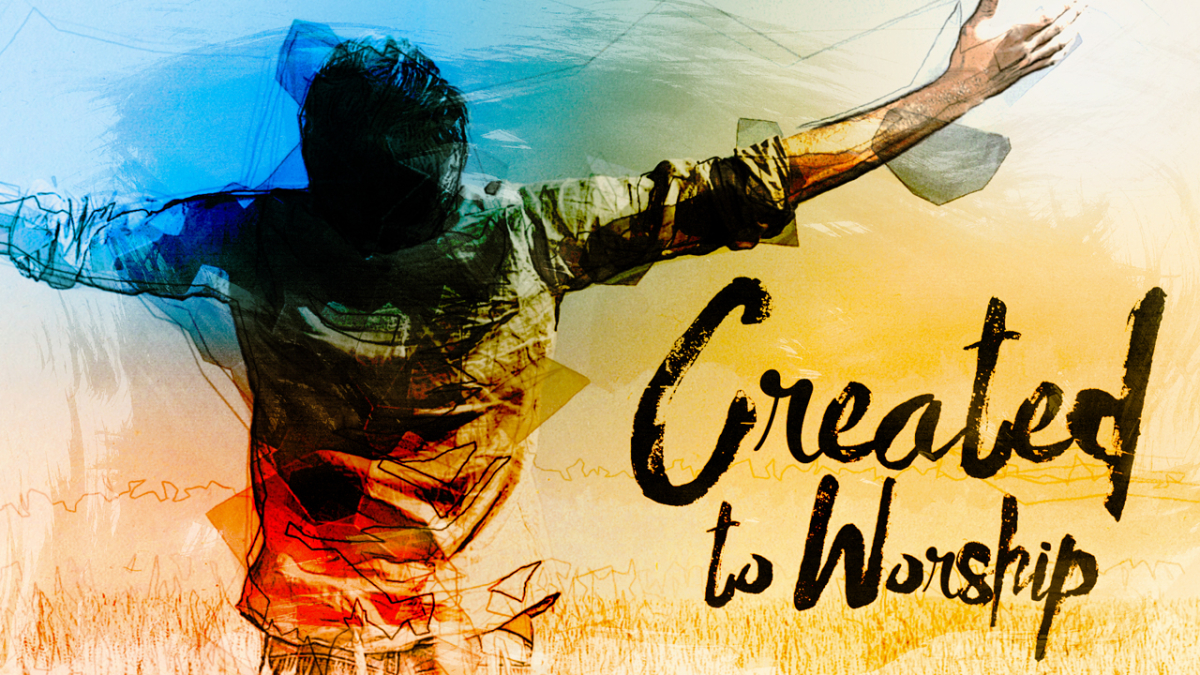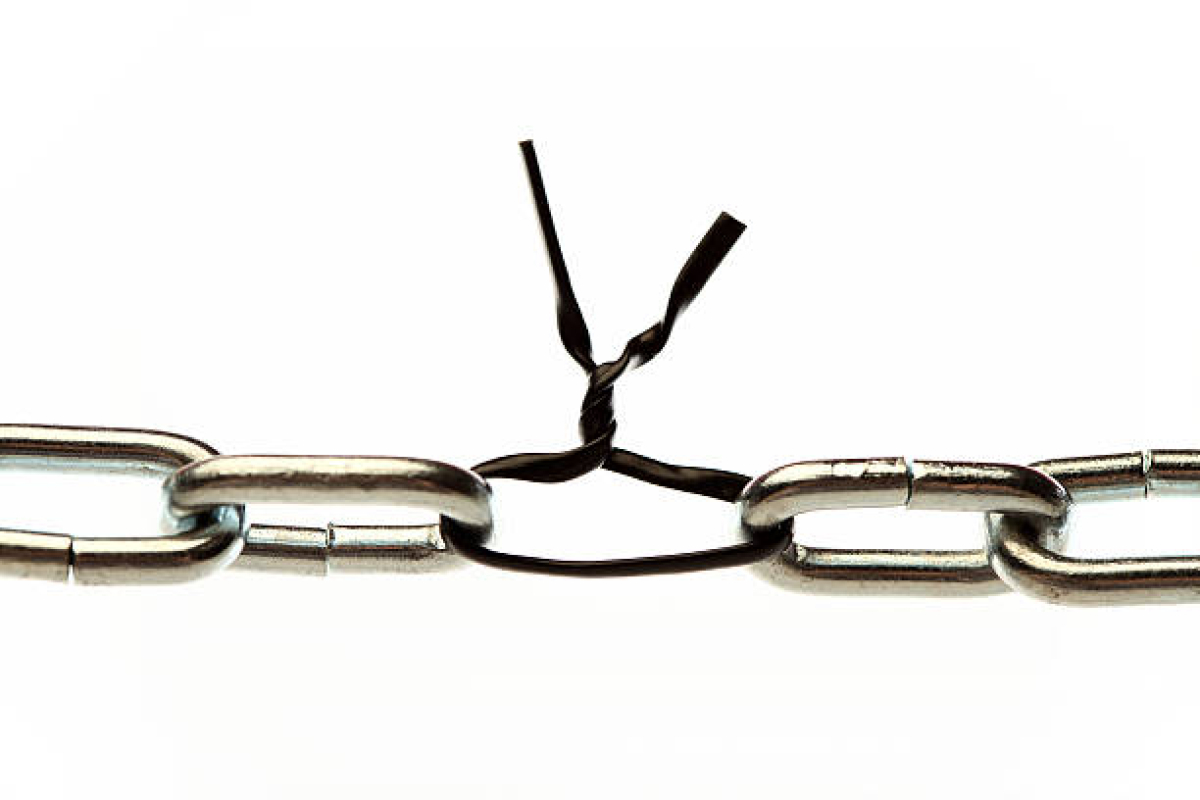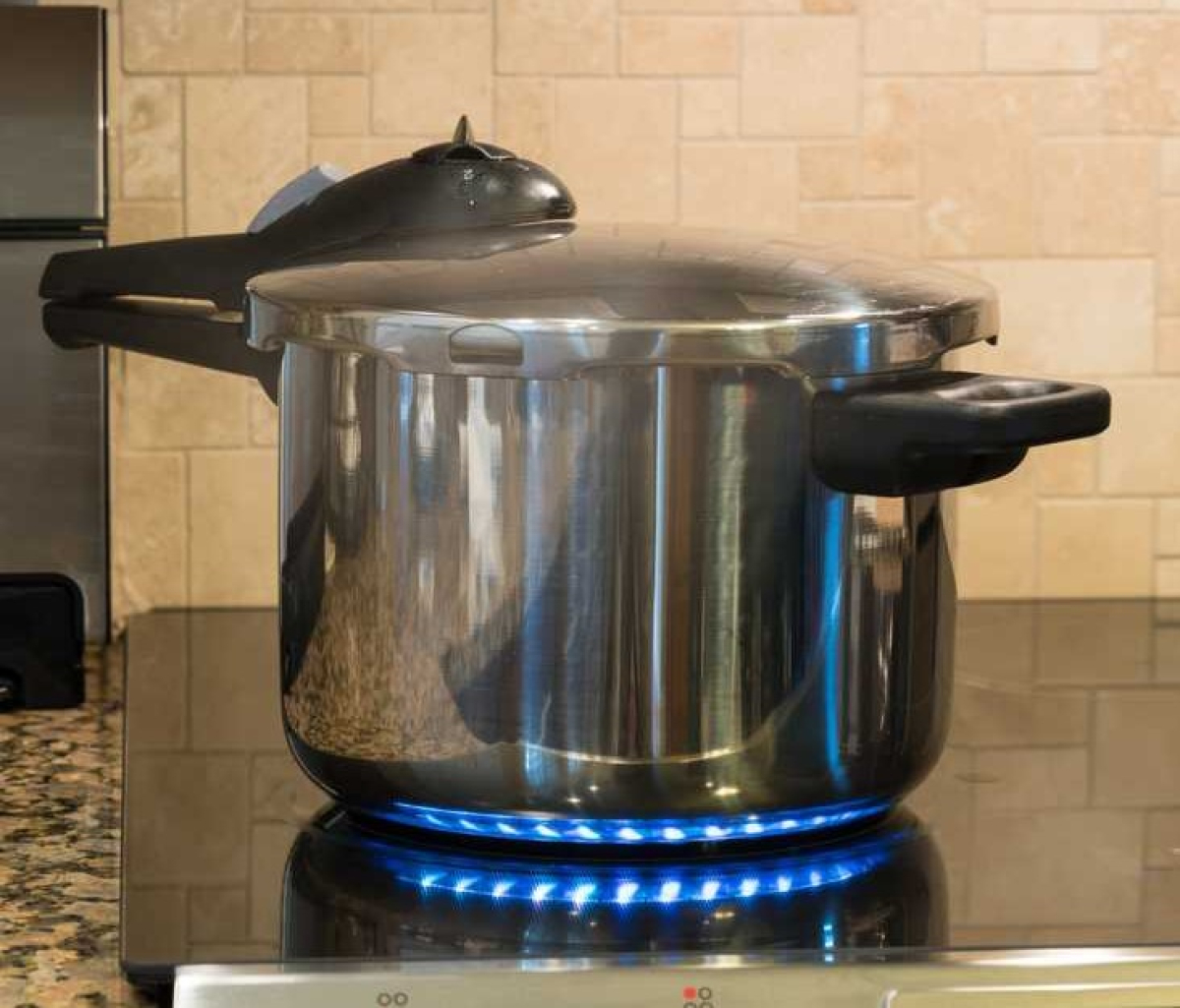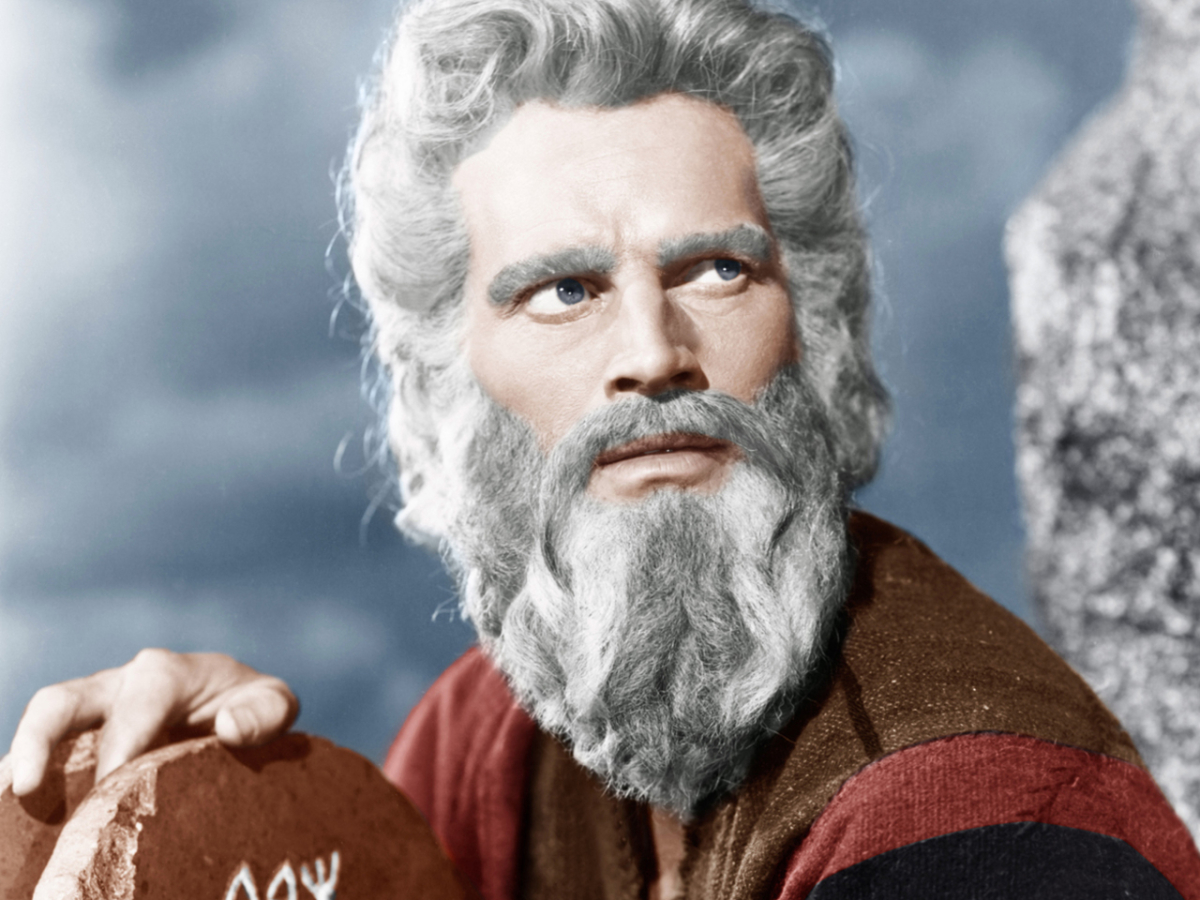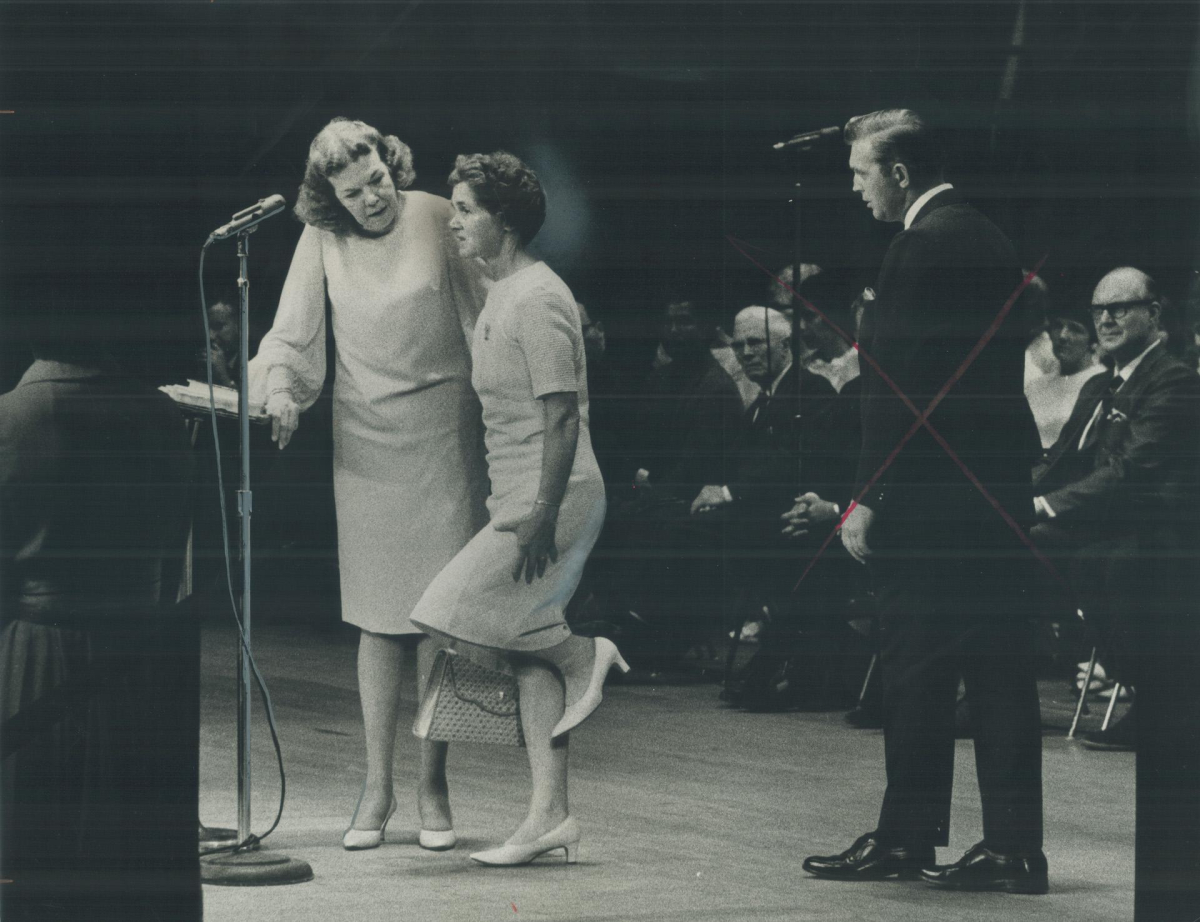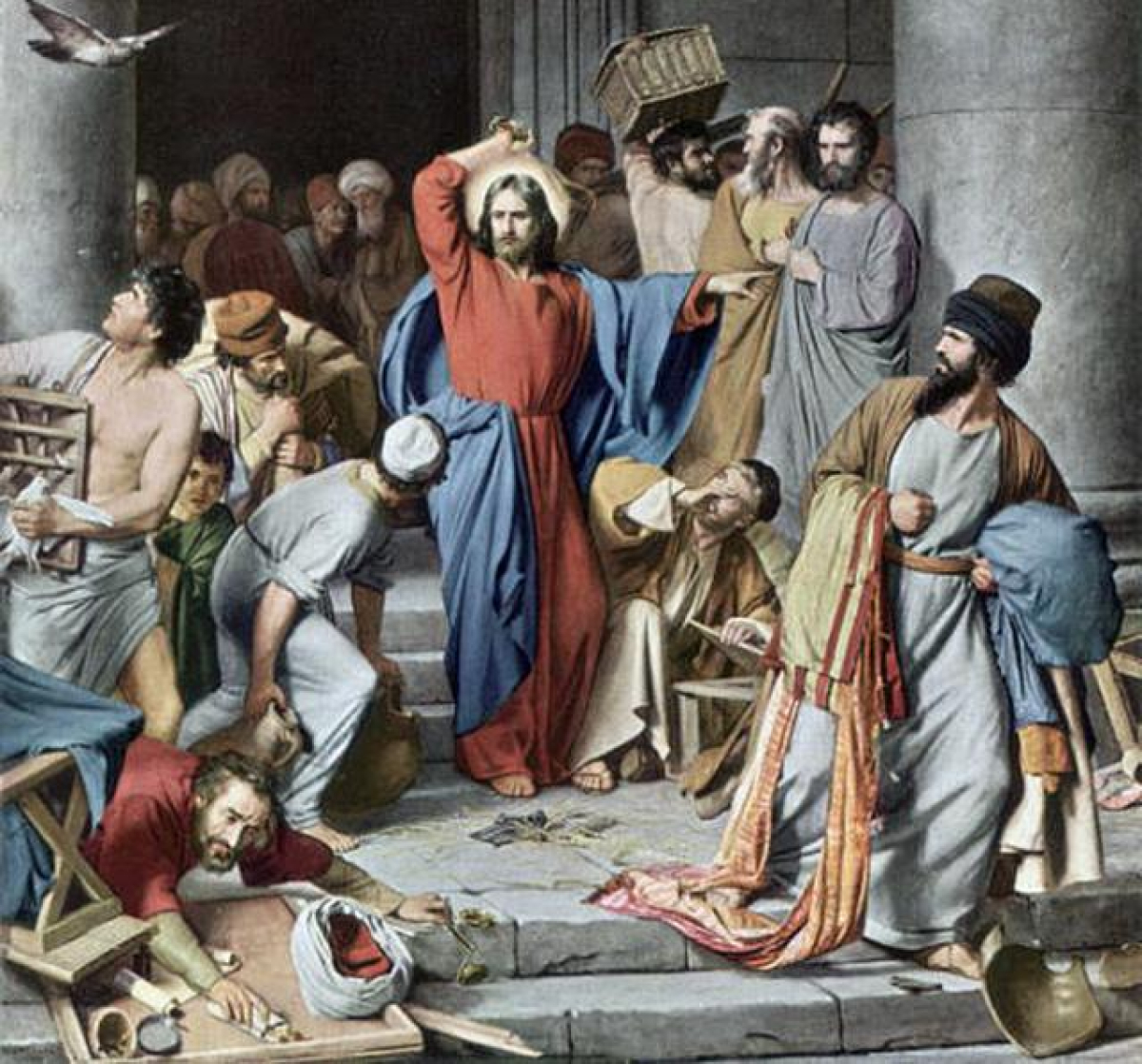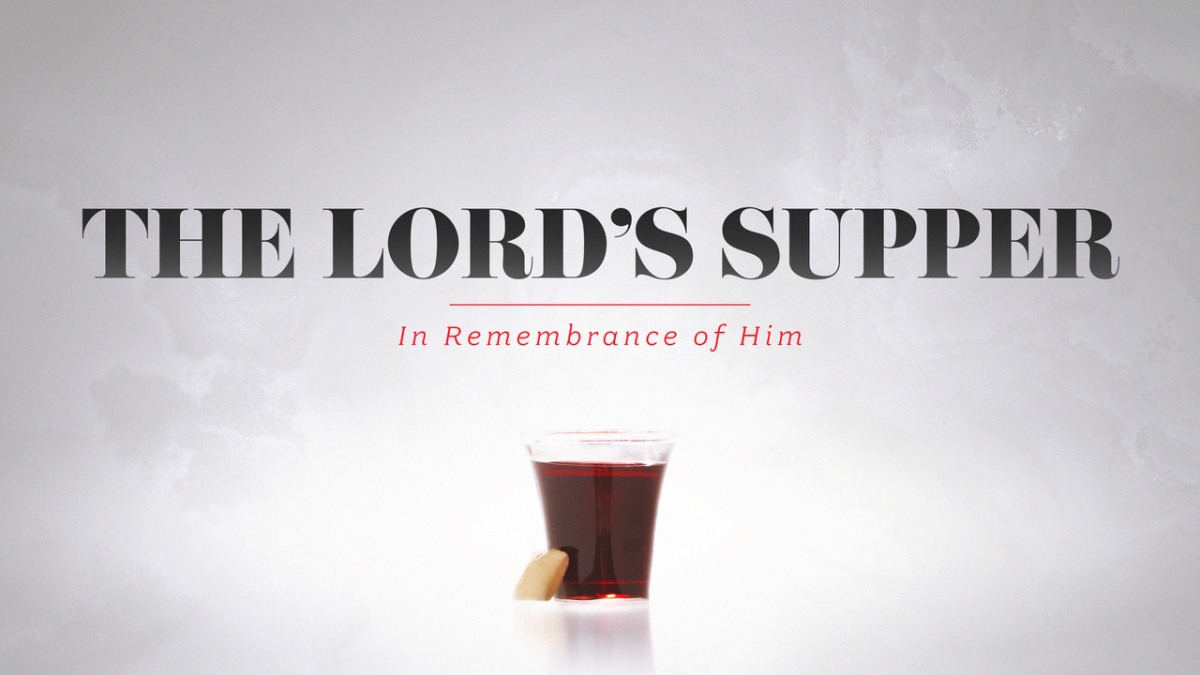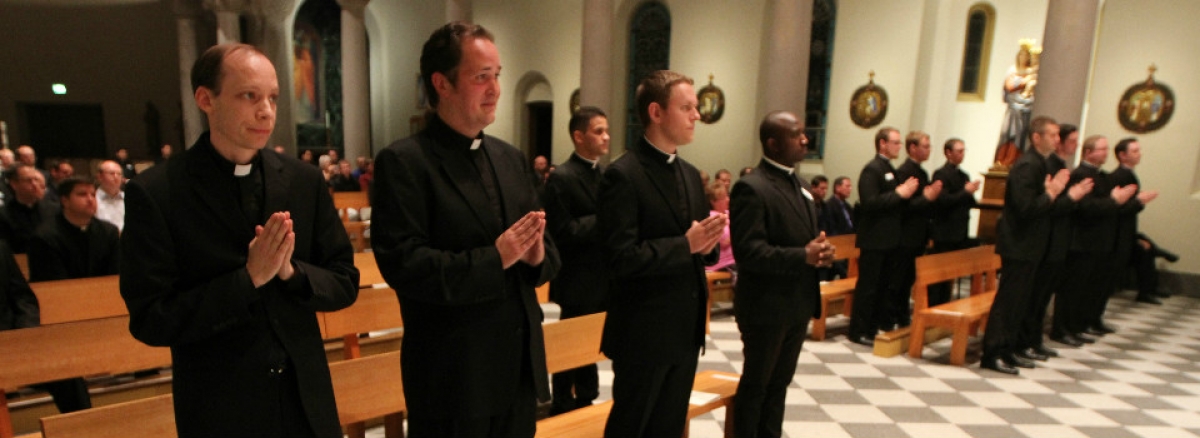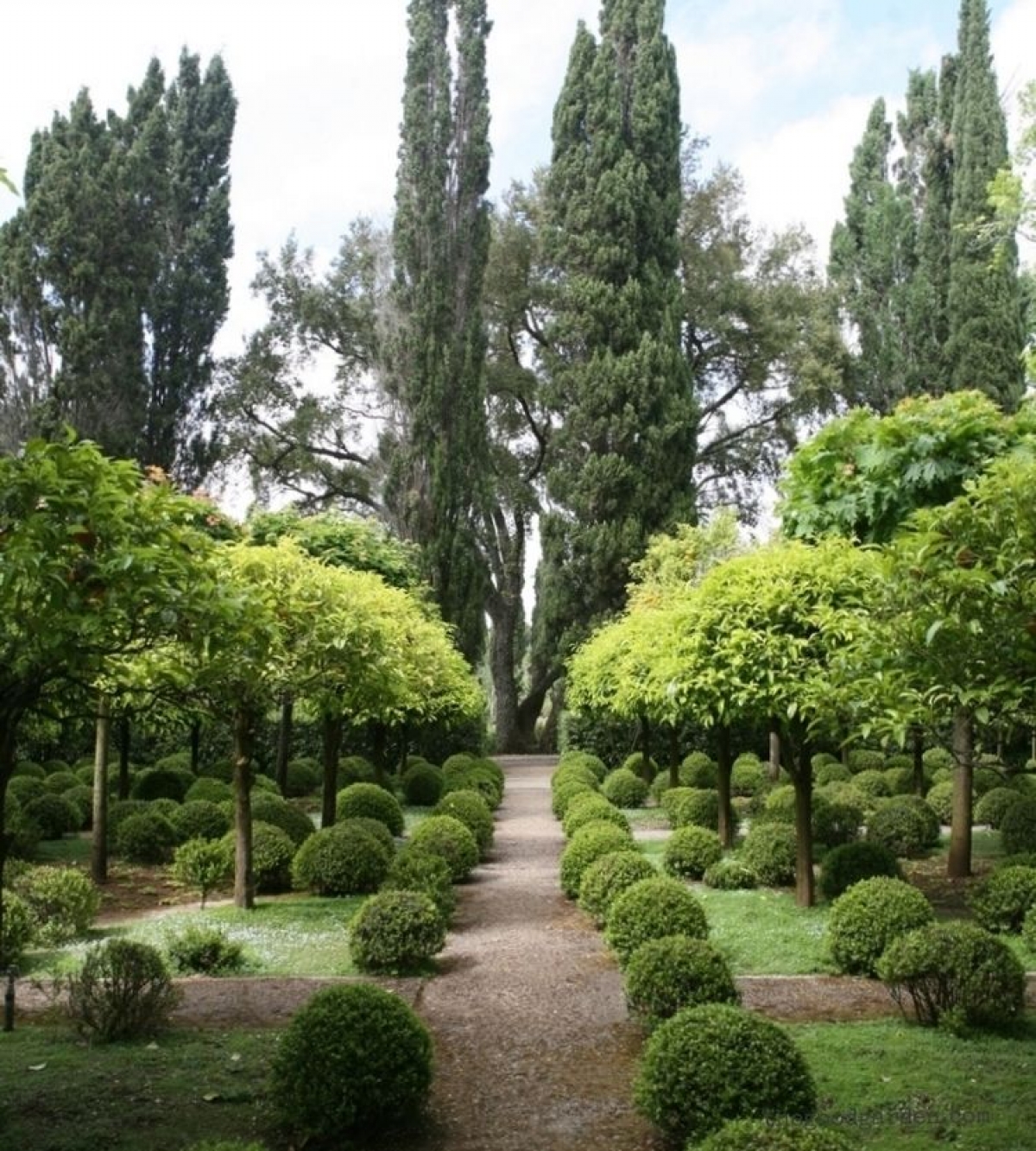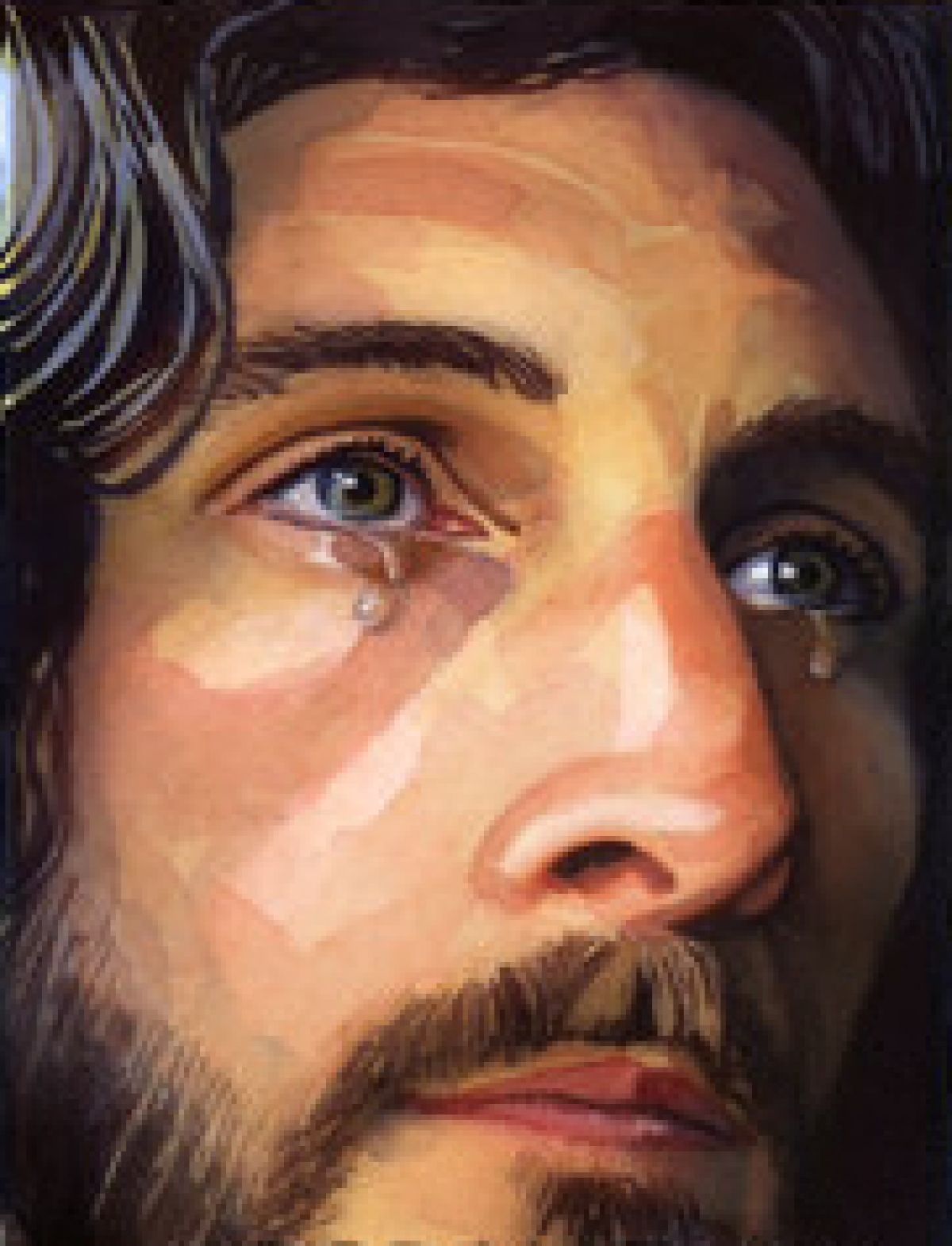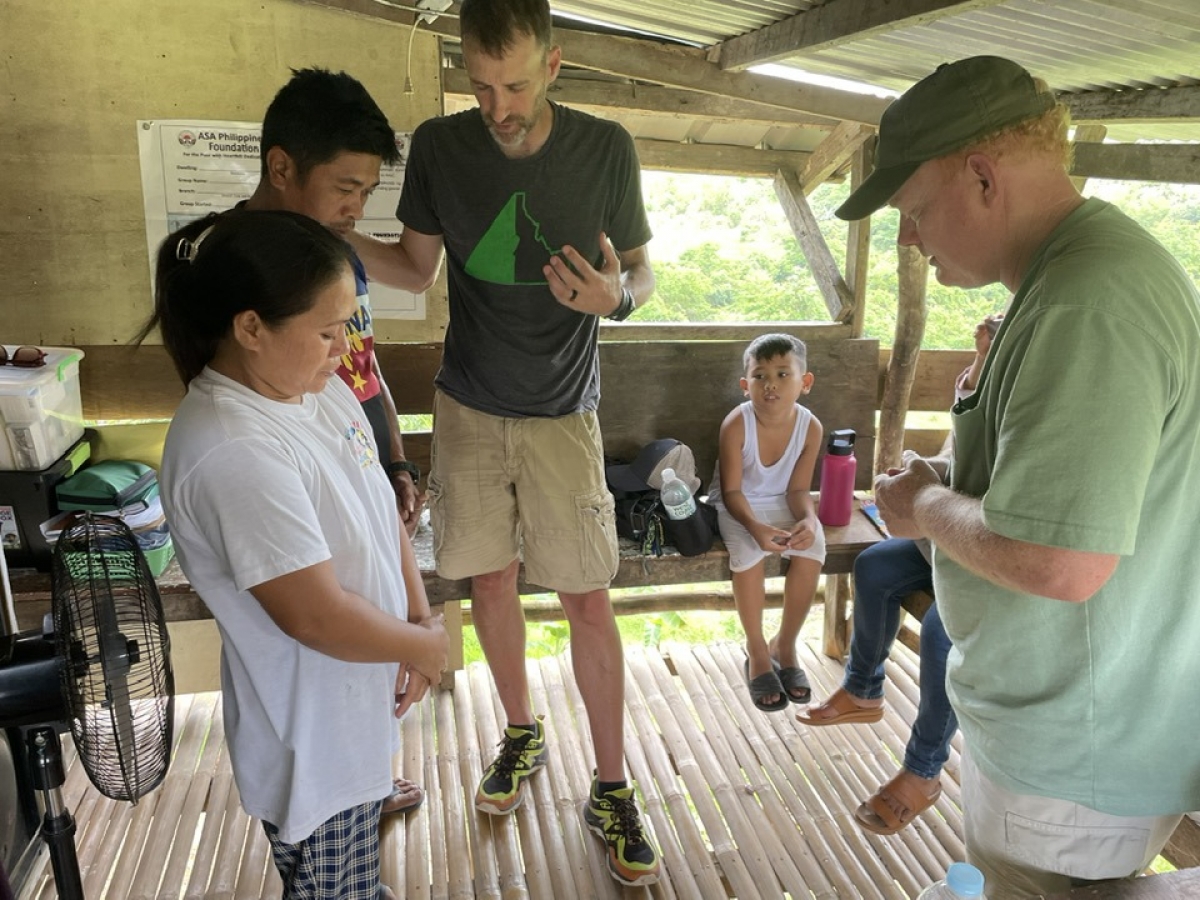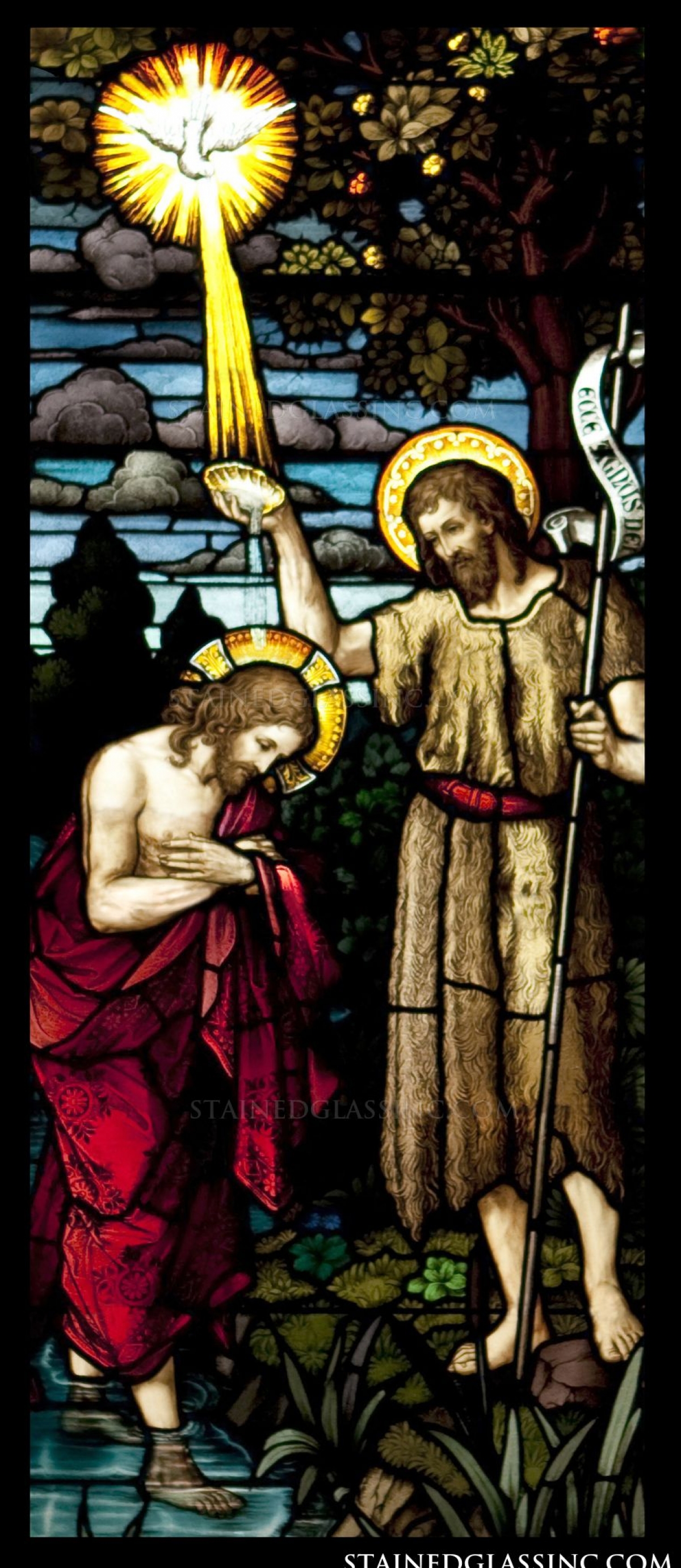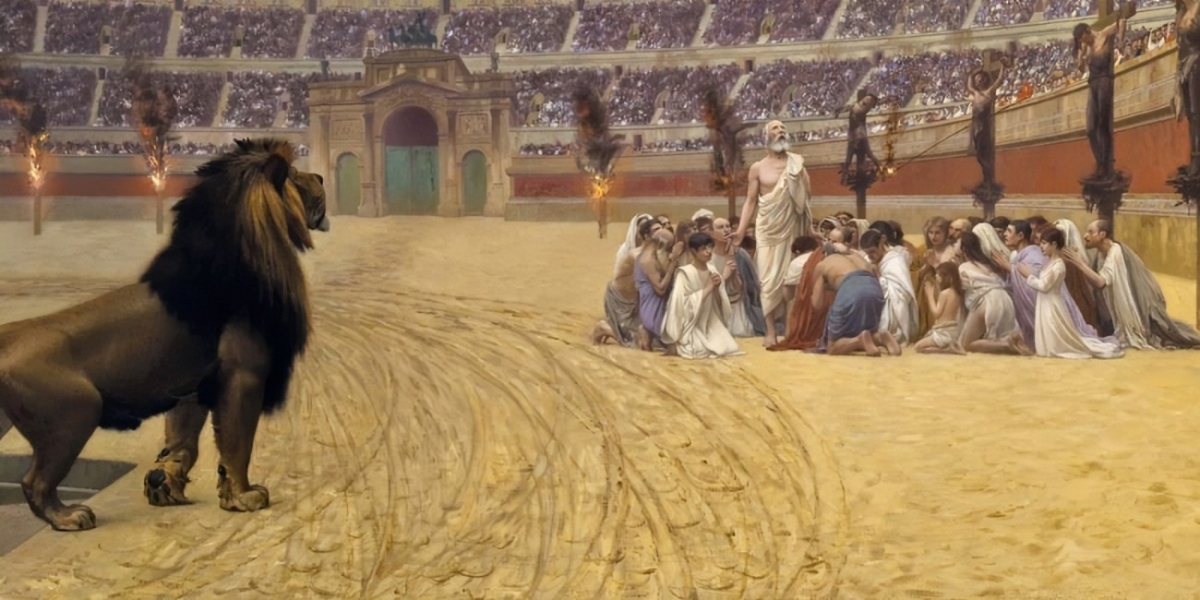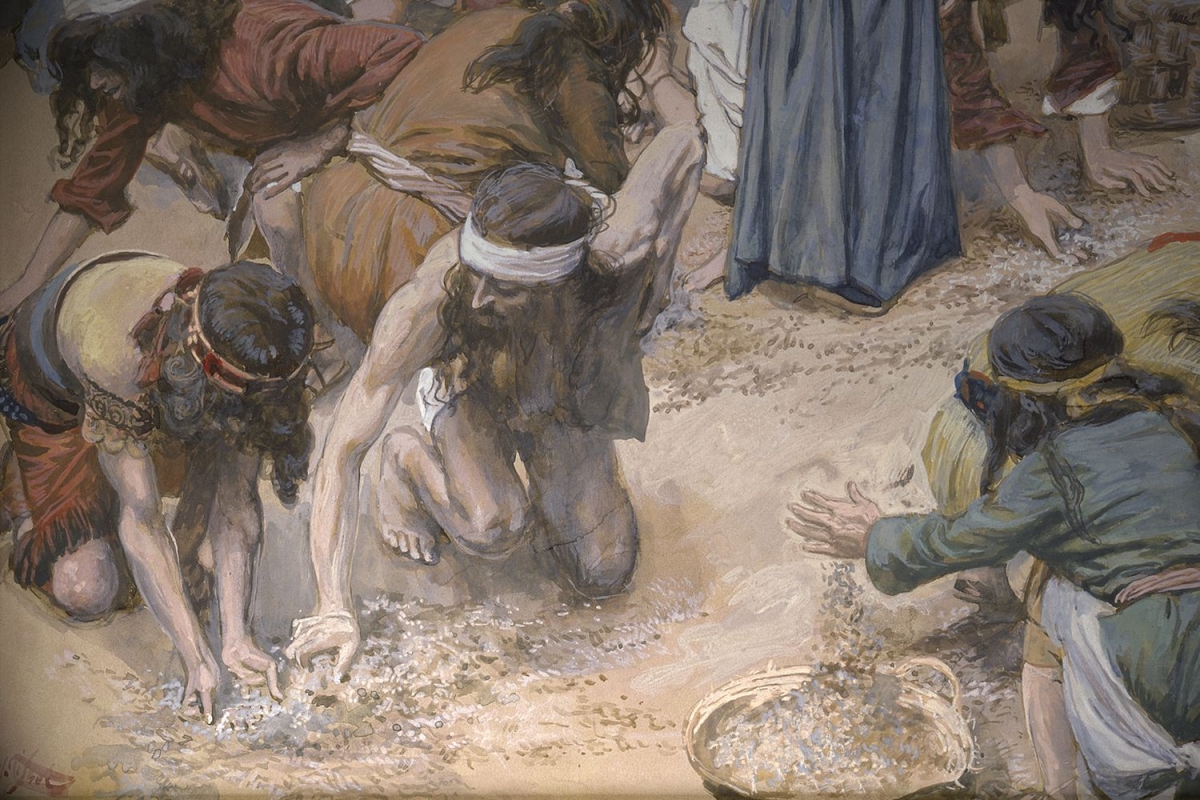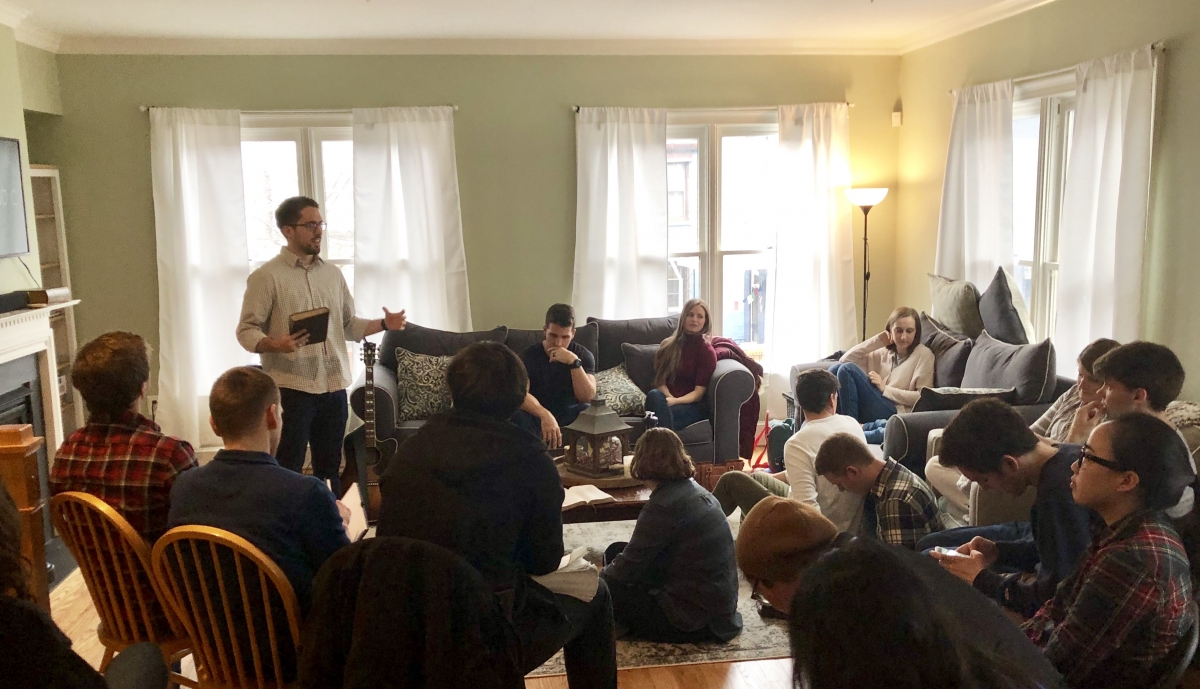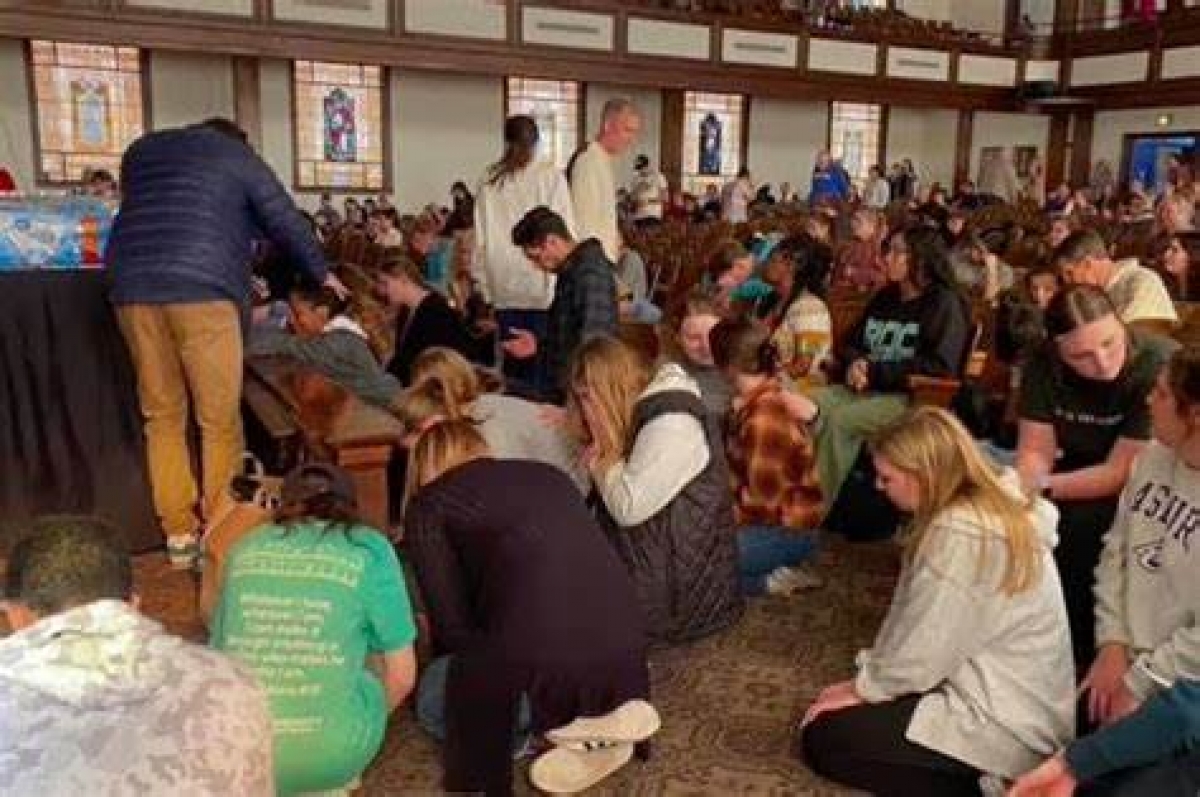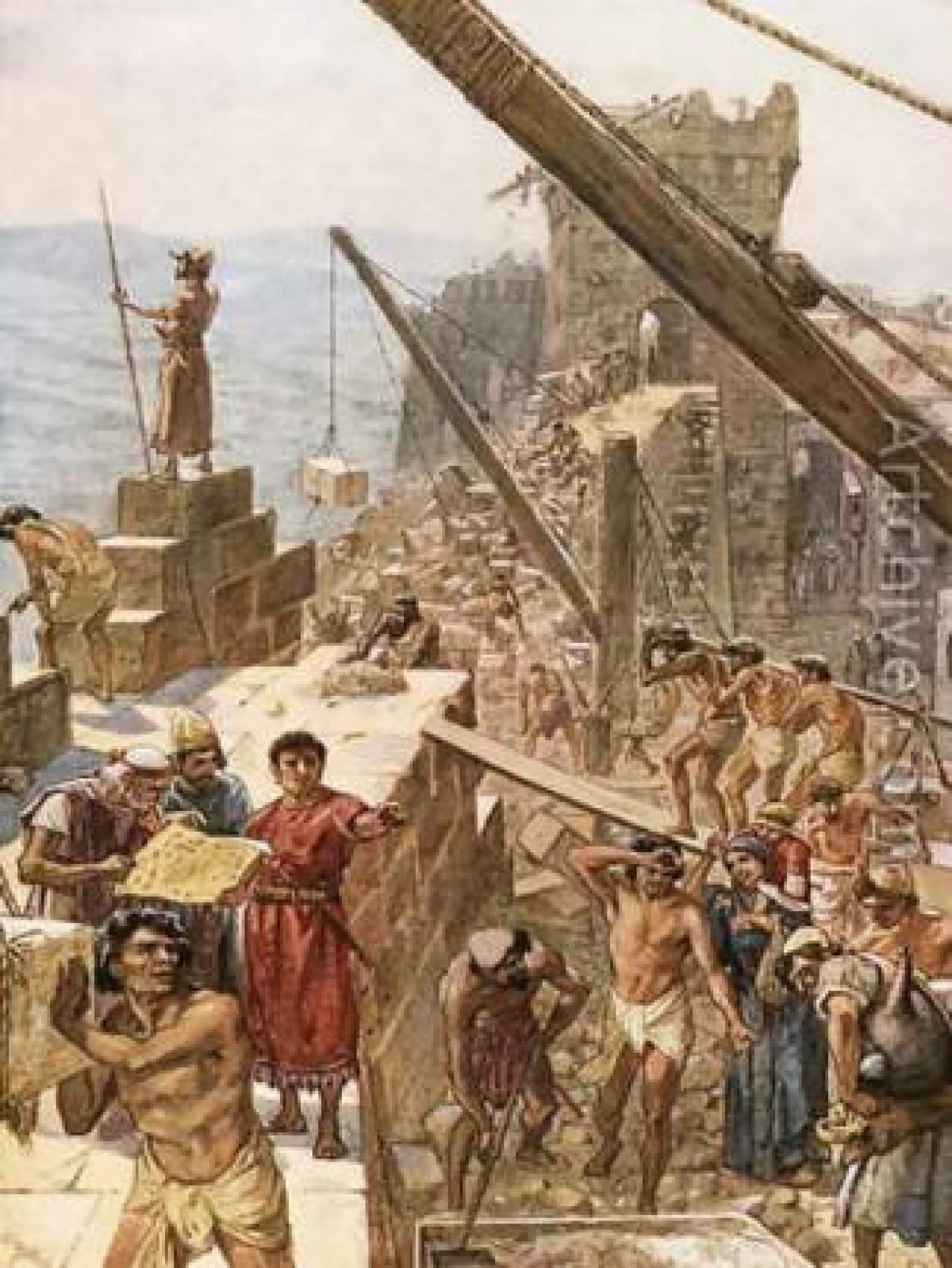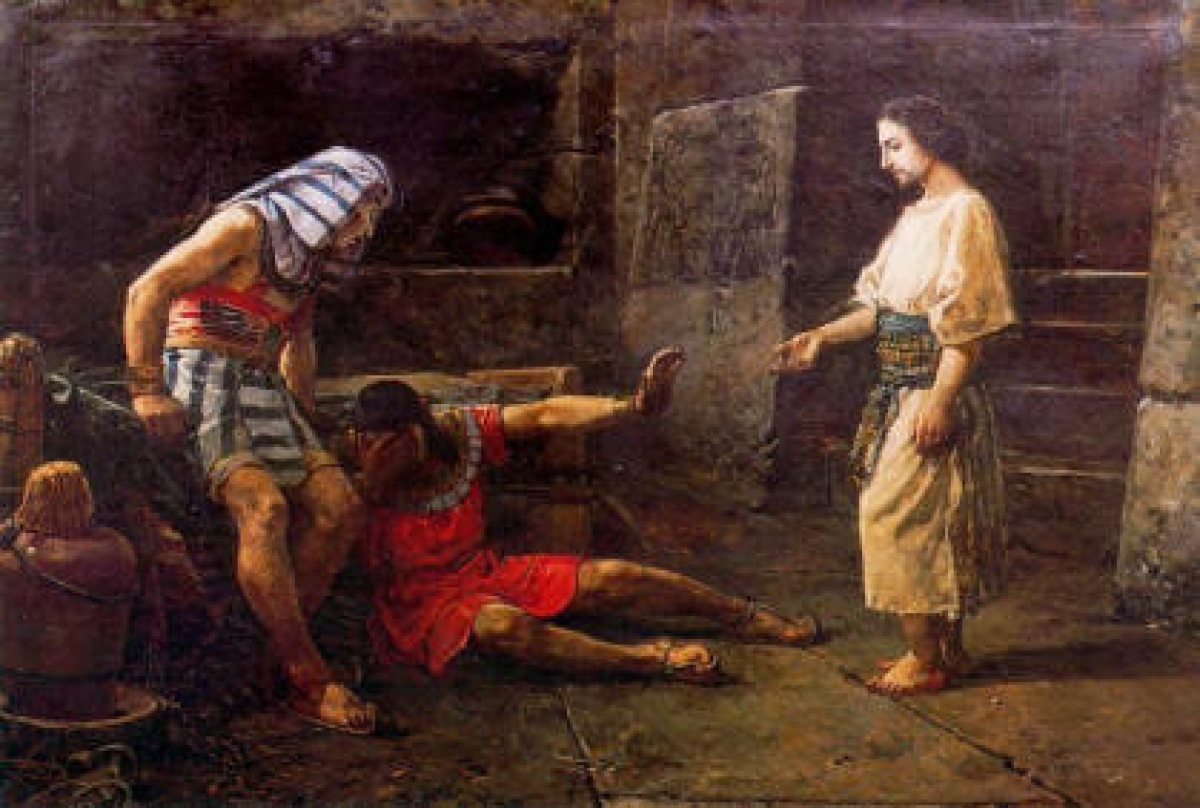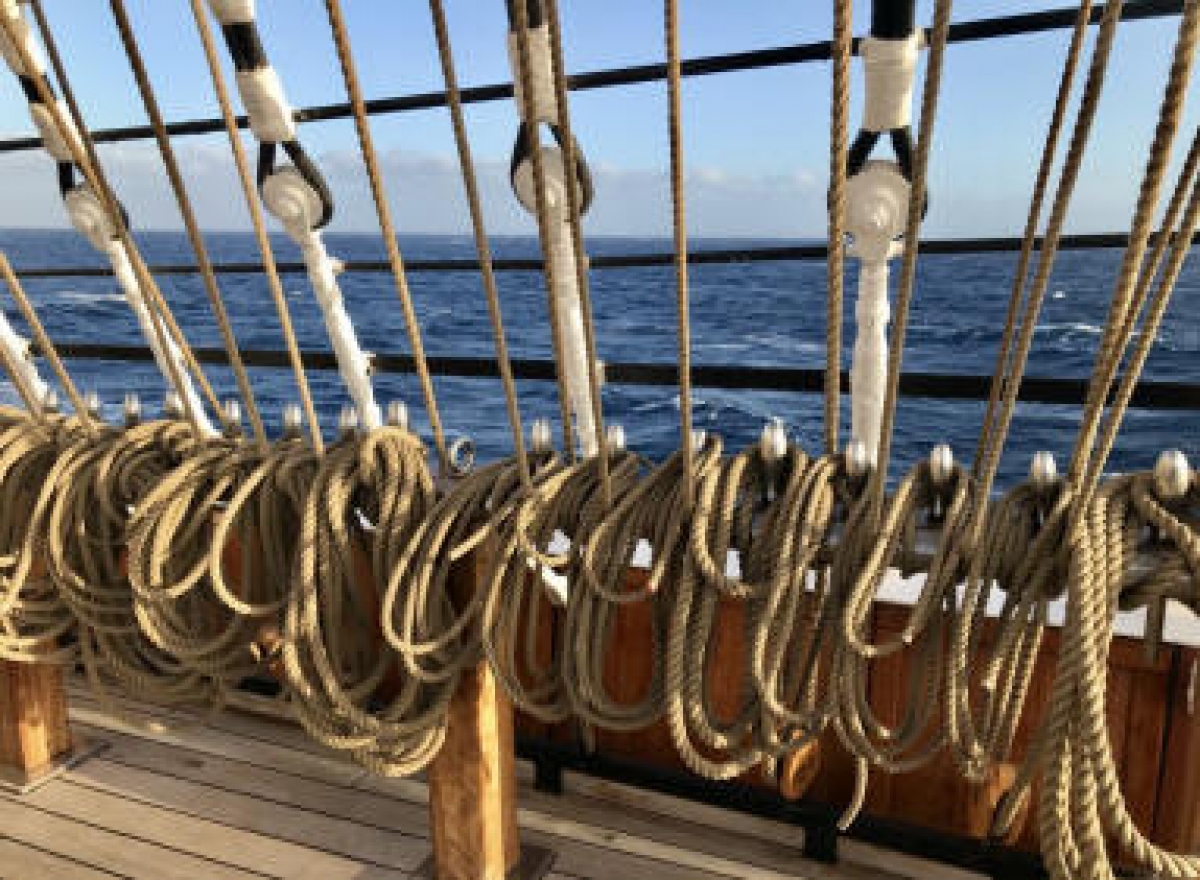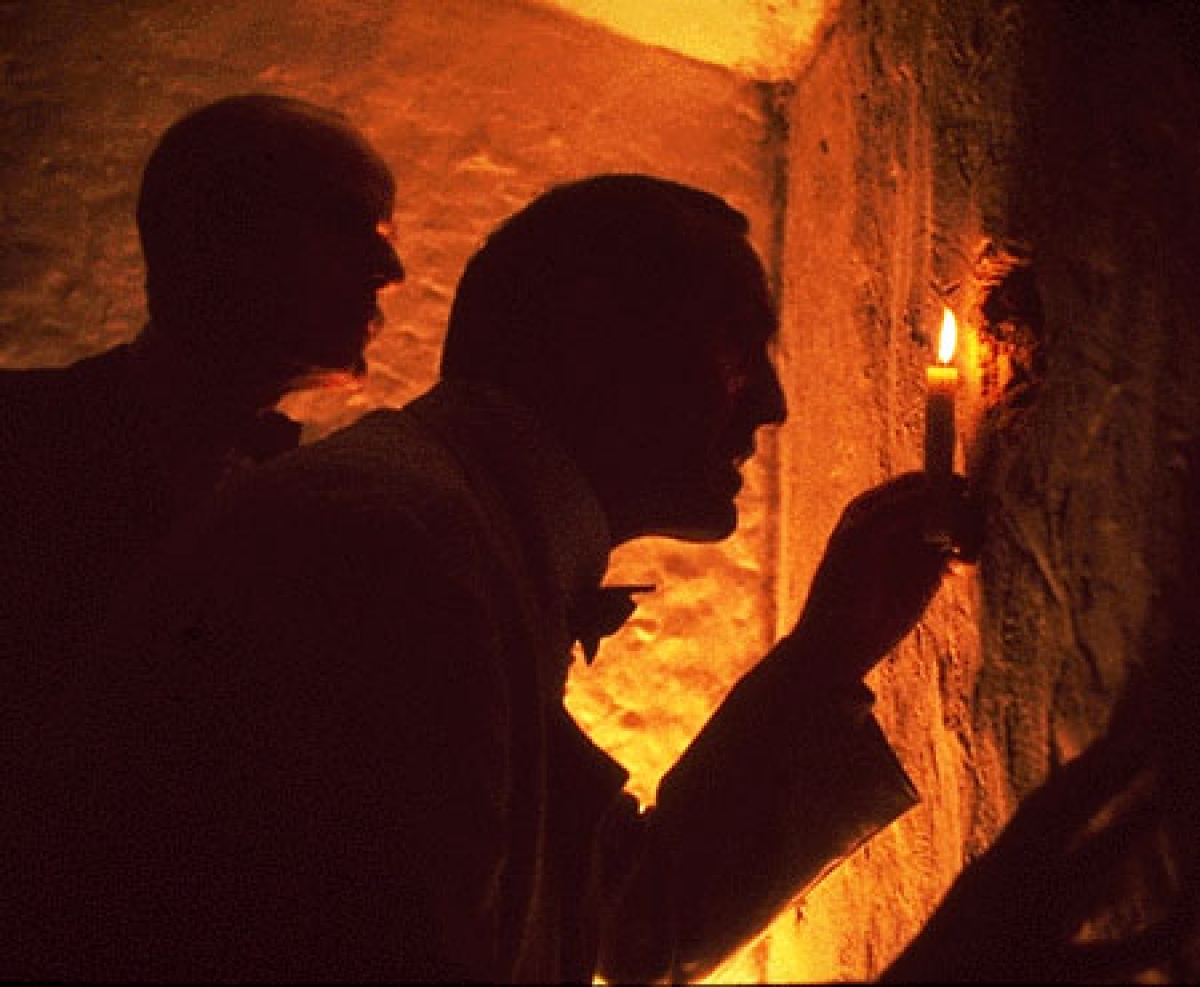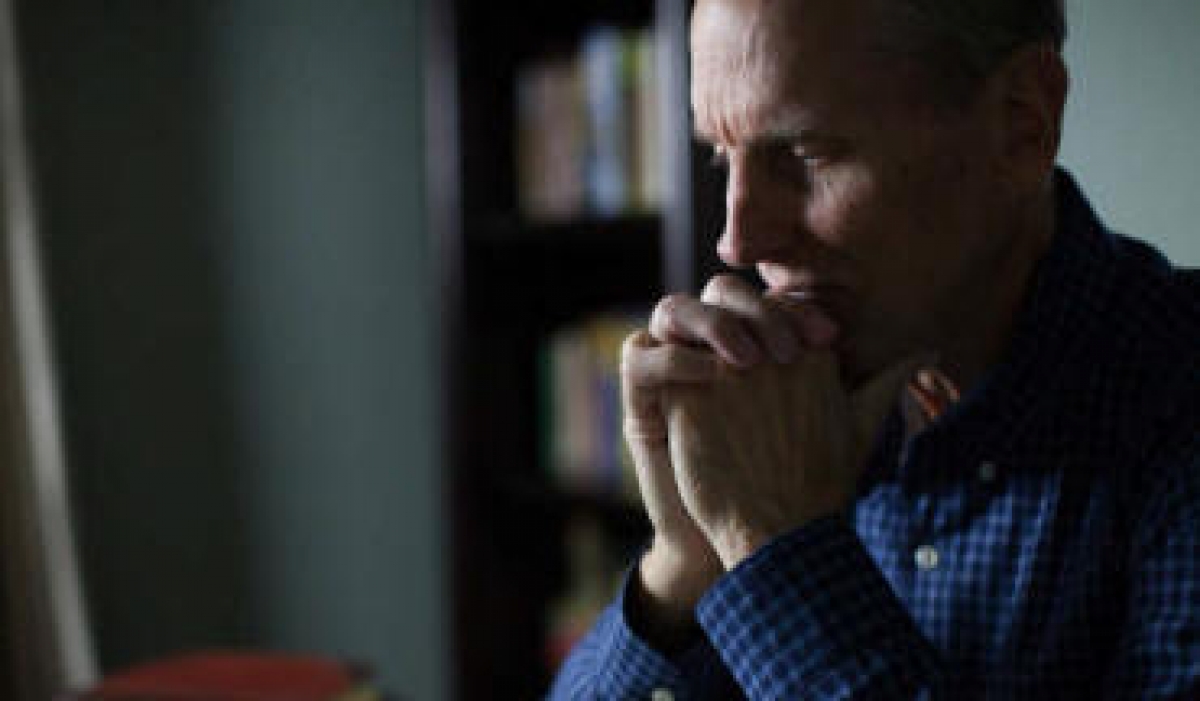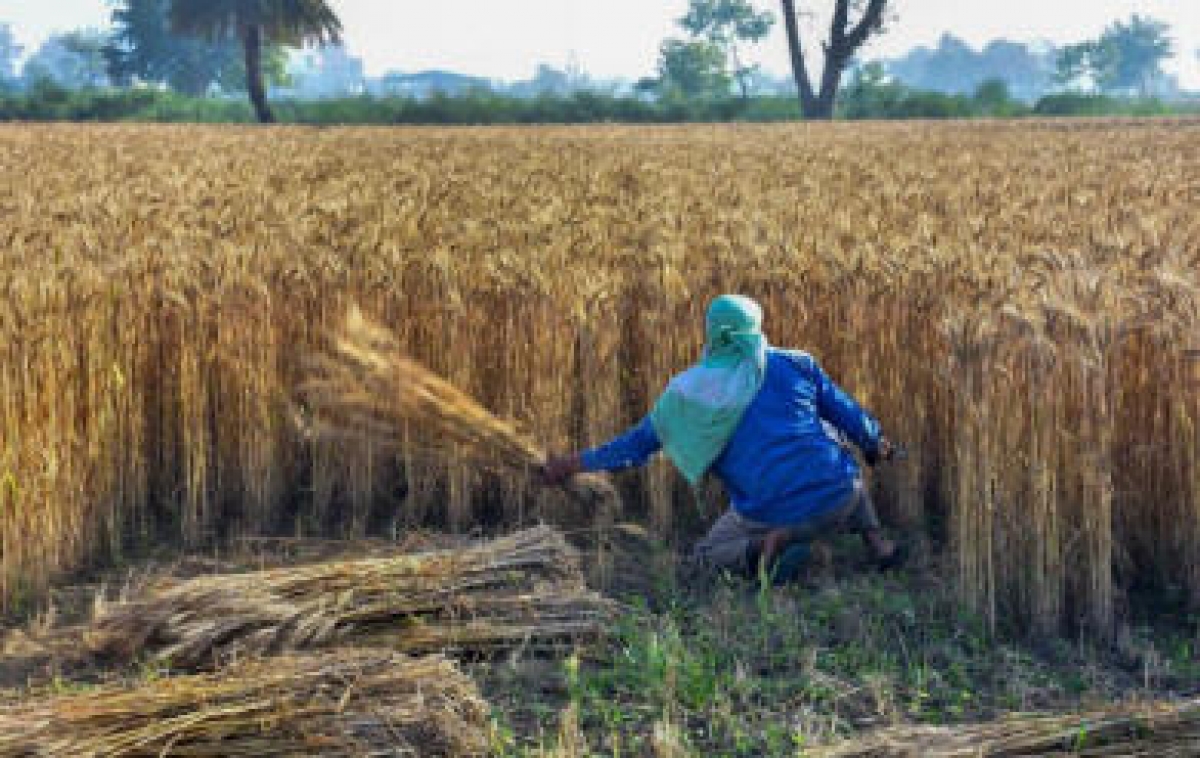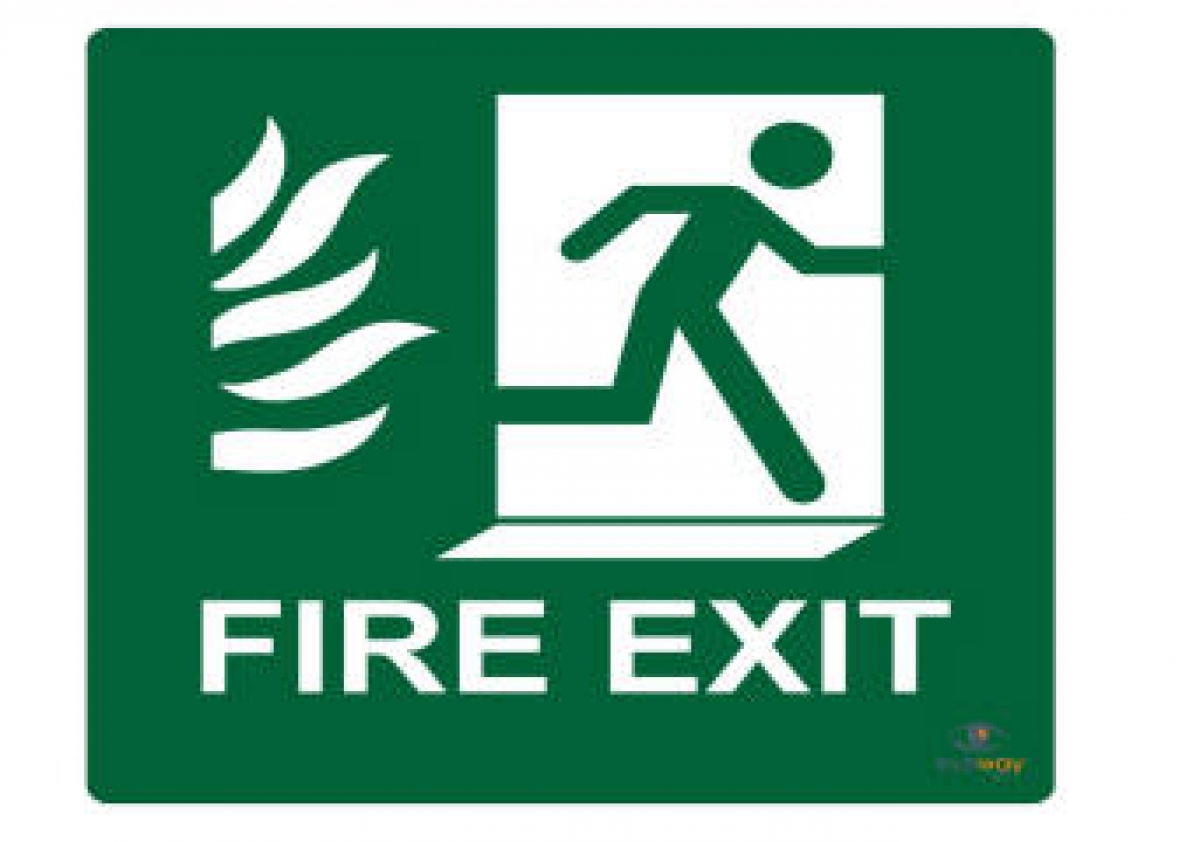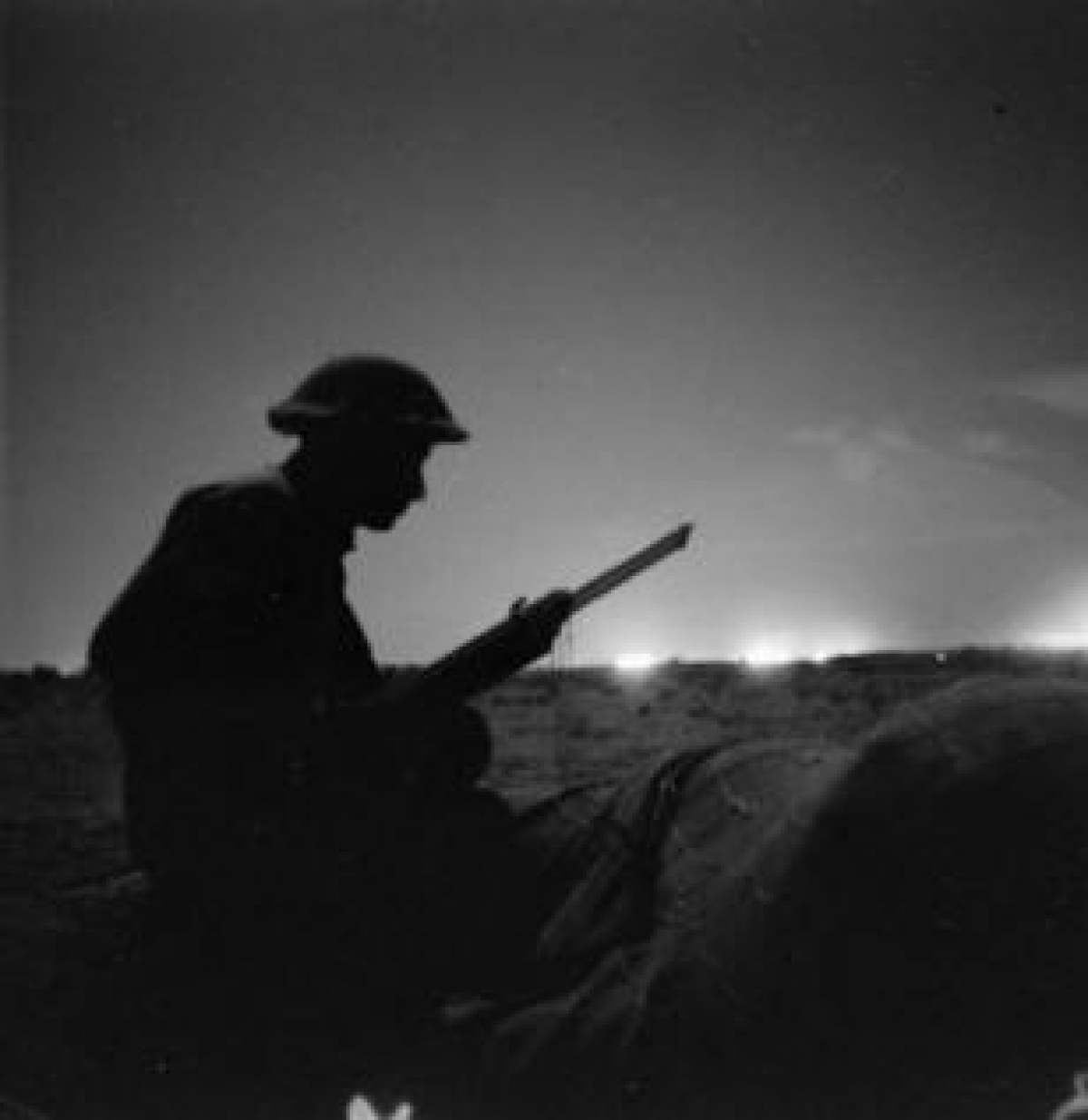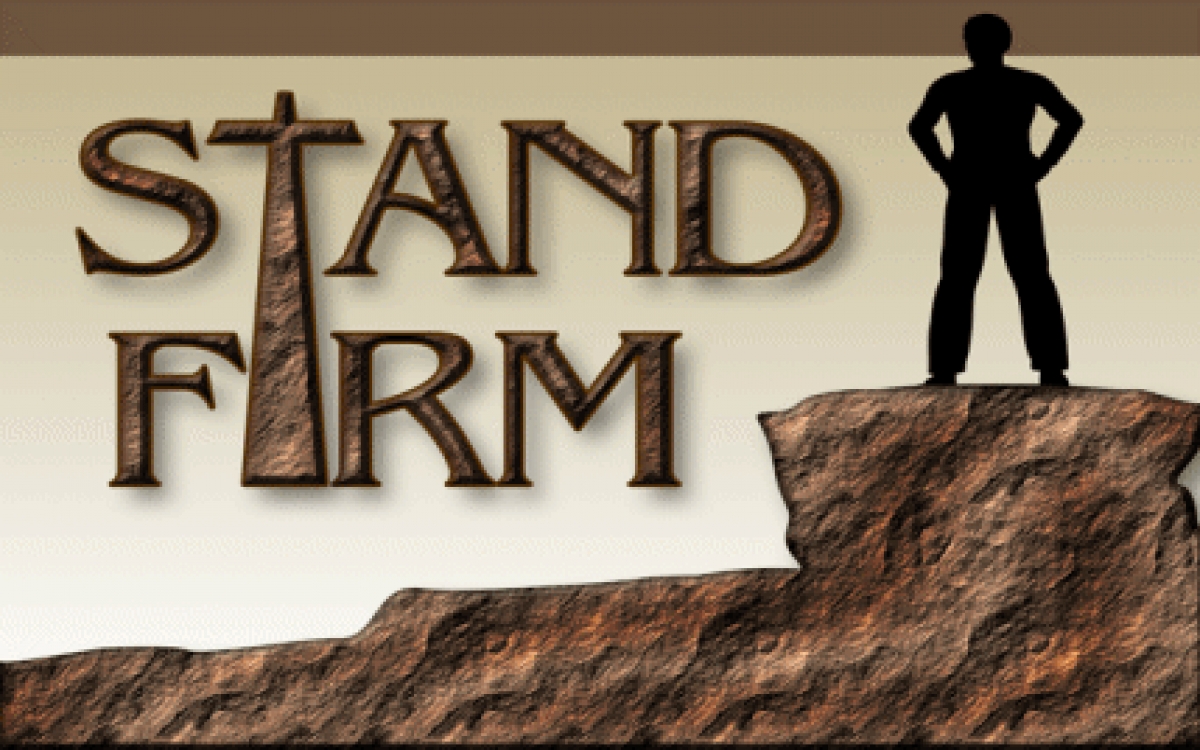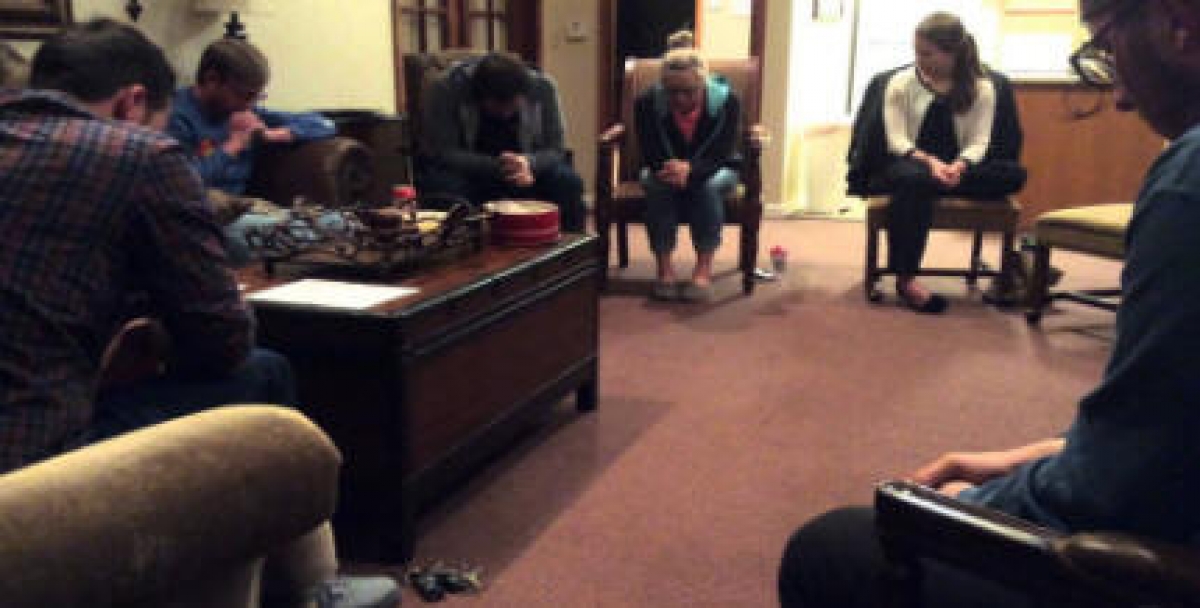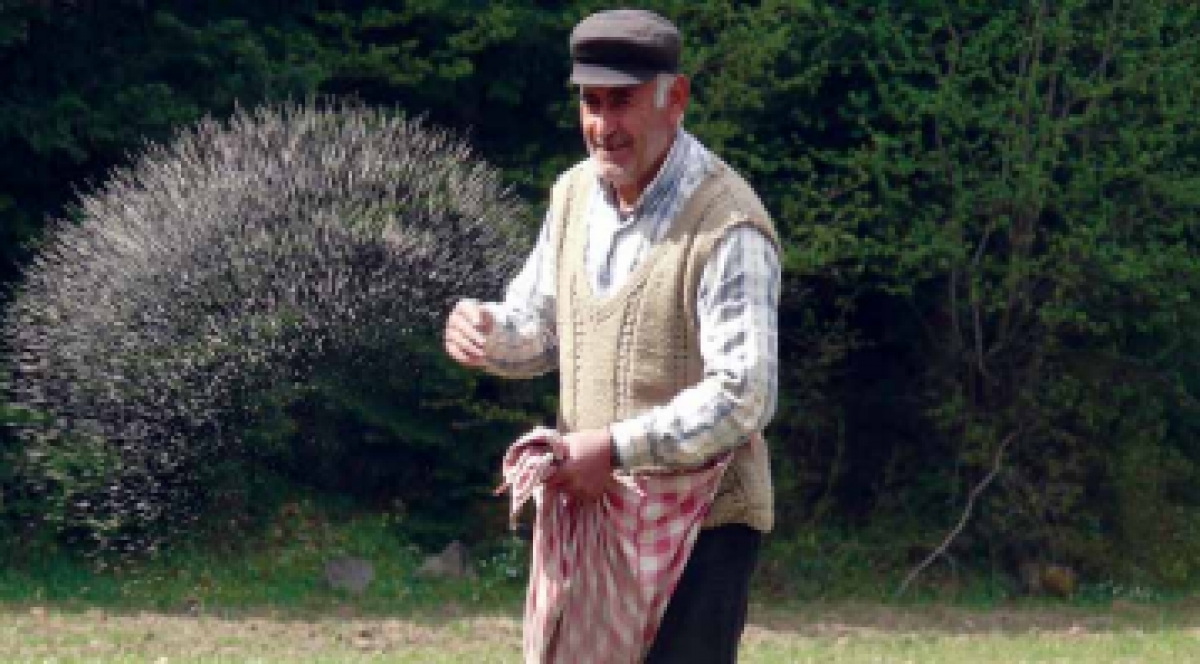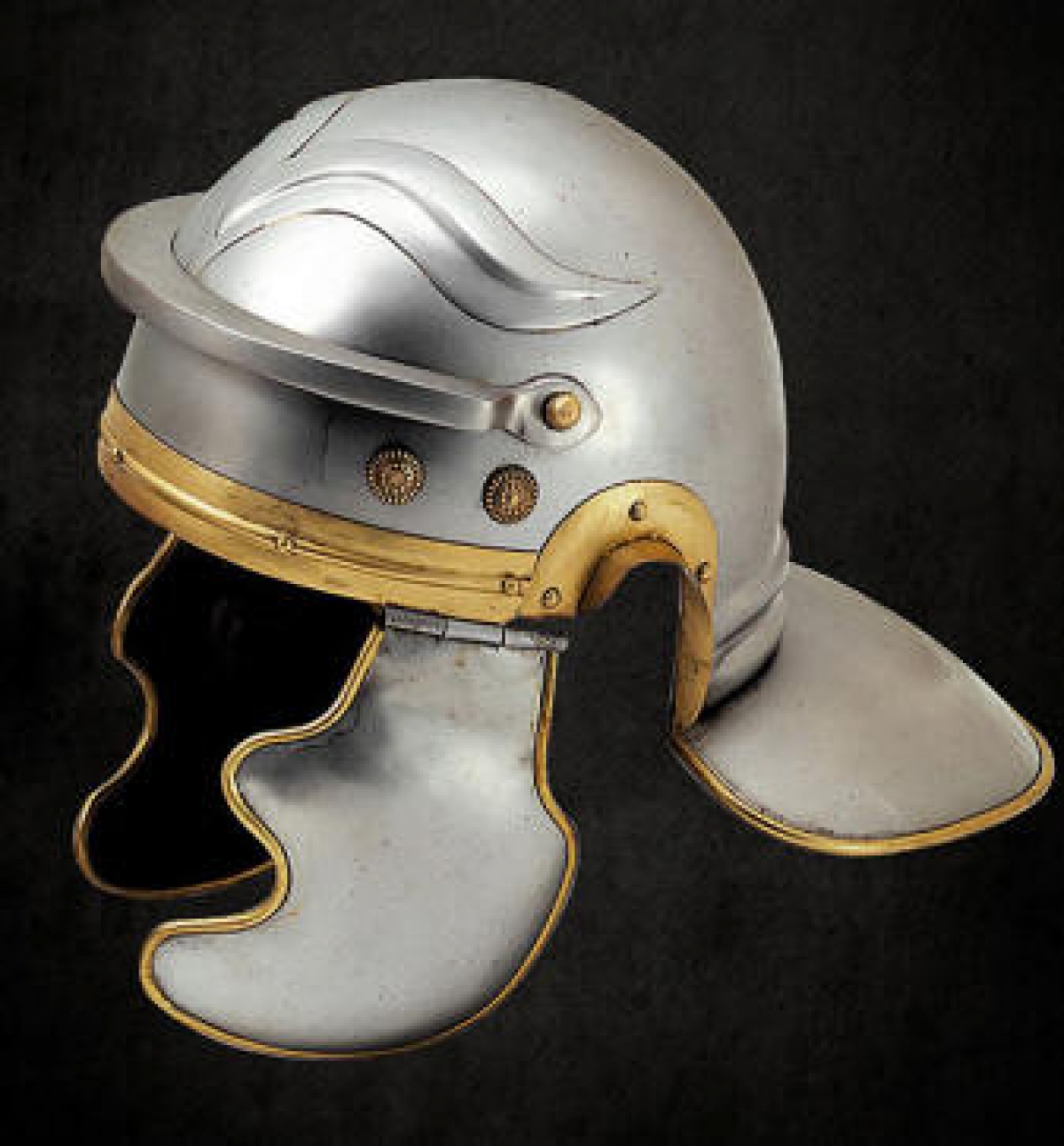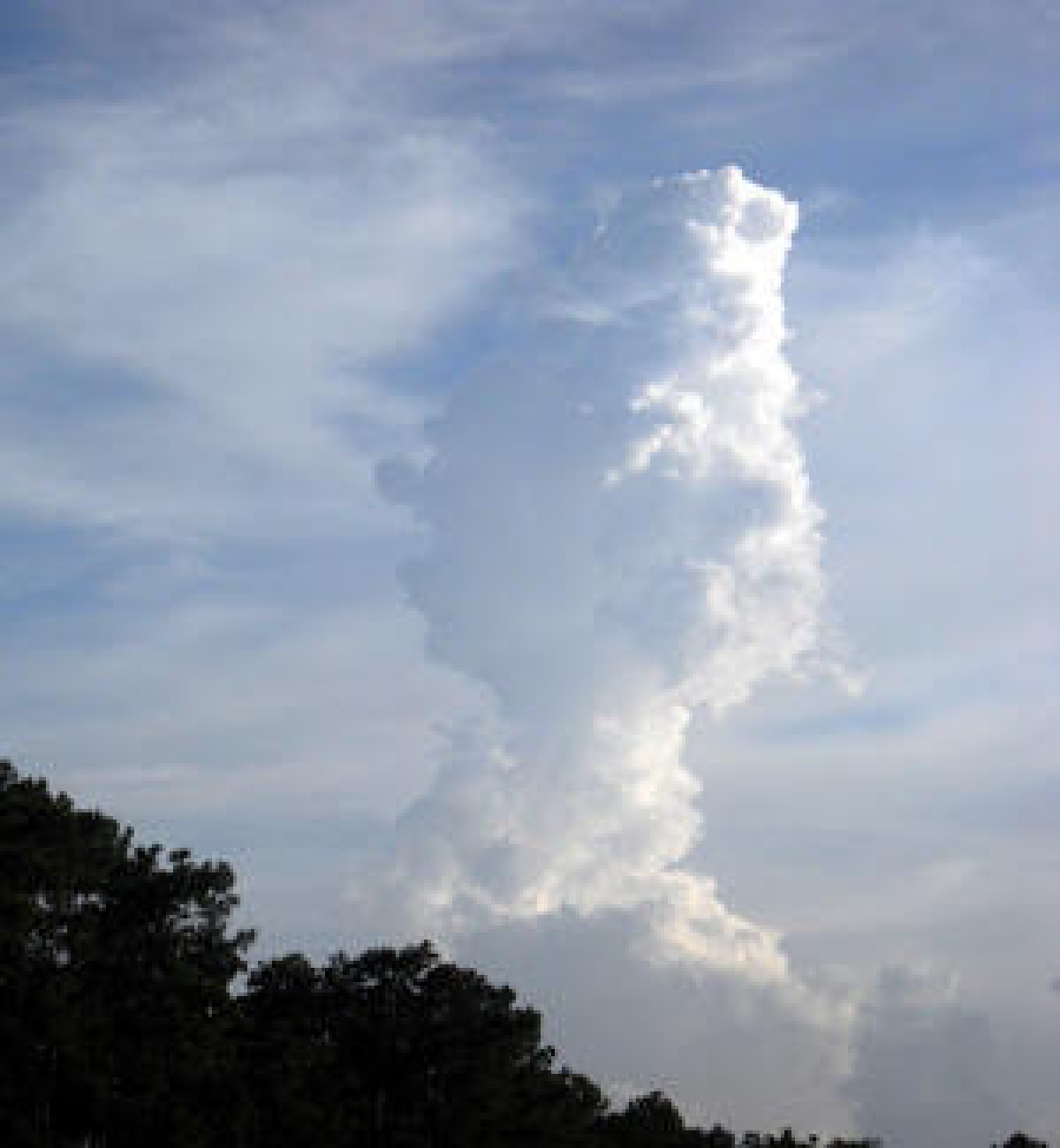Dear Friend,
Among God's many distinctive names we may add yet another: the Ropemaker. A little history is in order.
From ancient times civilizations have made ropes - long strands of fibrous material twisted or braided together for the purpose of making a stronger cord capable of more work. Why? Single strands of hemp, yarn, or linen weren't strong enough to carry out the tasks people needed to accomplish. So, ropemakers twisted these single strands together to increase the tensile strength of their lines. Then they could be pulled and stretched by heavy loads without snapping and breaking.
Ropes were used in many ways: domestically, as lines to draw water from wells; in construction, to lift timber or stones to frame houses, buildings, walls, and cities; in fastening, to tie down luggage on carts or wagons; in climbing, to hold climbers securely to the rockface so they could scale high summits; and primarily, in sailing, as ships needed rope to secure their sails, yard arms, cargo, and anchors.
Nautical ropes were especially long and strong. So, ropemakers made them in very long, narrow covered pathways called "ropewalks." There very long strands of hemp were laid out and, once twisted together and bound with other sections of rope twisted in opposite directions, became the very strong nautical lines England needed to outfit her vast navy. That said, let's come to the point.
That point is encapsulated in two famous Bible texts: "Wait on the Lord, be of good courage, and he shall strengthen your heart. Wait, I say, on the Lord" (Psalm 27:14); and, "They that wait upon the Lord shall renew their strength" (Isaiah 40:31). Specifically, we will focus on the word "wait."
In both texts, "wait" also conveys the thought of hope or trust. Thus, some translate it "wait with hope" (Psalm 27:14, GW), and "they who trust in the Lord" (Isaiah 40:31, NLT). This is logical since, if we truly trust the Lord, we will hope in Him and wait for Him to fulfill His promises. But there's much more in these texts.
Psalm 27:14 speaks of waiting "for" the Lord, while Isaiah 40:31 speaks of waiting "upon" or "on" Him. What's the difference? We wait "for" the Lord by patiently enduring our tests until God ends them by openly answering our prayers or manifesting His promises. We wait "upon" the Lord by seeking Him and spending time alone with Him daily, studying His Word, praying, offering thanks and praise, and worshiping in His reviving presence. Ideally, we should do both simultaneously, waiting "upon" the Lord daily while we also wait "for" Him to intervene in our trials. What does this have to do with ropemaking?
In both texts, "wait" is translated from a Hebrew word meaning, "to bind together by twisting; to be strong." This speaks of ropemaking, the craft in which weak single strands of fiber are twisted and bound together to form a much stronger, more useful line. The implications here are rich.
As we wait "upon" and "for" Christ daily, we are being "roped" together with Him by the Father. The heavenly Ropemaker is twisting and braiding our frail human souls with Christ's strong divine Spirit. The longer this continues, the more we become intertwined with Christ and strong in His marvelous strength which never fails. Isaiah 40:31 agrees, stating that, "They that wait upon the Lord" will "renew," or (lit.) exchange, their strength. Thus, living now by Christ's strength, we grow increasingly consistent in our walk and victorious in our trials. Why? We're no longer an isolated, weak strand of fallen Adamic humanity. We've been thoroughly roped, intertwined, interwoven with the mighty strength of the Son of God, and His strength is now ours.
Now when we are stretched and pulled by the formerly unbearable pressures of our trials of faith and patience, we don't come apart, or snap, and thus fail to complete our kingdom tasks. Rather, we hold, we endure, until God's help arrives. Why? Our weakness has been braided with Christ's strength and that strength carries us through - provided we continue "waiting upon" Him daily for fresh strength, grace, and inspiration, and "waiting for" His help in submissive, patient trust and hope and contentment.
Increasingly, the interwoven cords of Christ's gloriously strong graces prevail. When our love evaporates, His love continues unabated. When our hope waivers, His expectation holds. When our steadfastness lapses, His faithfulness keeps us moving forward. When our contentment snaps, His contentment keeps us in peace, and satisfied enough with His presence and approval whatever our earthly lot. When our spiritual desire wanes, His passion to fully know the Father and finish His will endures. So, we endure, roped together with the unfailing One, strong and steady to the end.
Are you being pulled and stretched and strained to your limit today in a long, seemingly interminable "ropewalk"? Pause and consider the application of our two texts to your situation.
It is imperative that you keep the right focus. Don't vex over the enemy's wiles. Focus on the Ropemaker's ways. Sure, Satan's servants seem to have gotten the best of you and hemmed you into a very small circle of influence or fruitfulness. But that narrow place is your ropewalk, personally and carefully designed for you by your heavenly Father. Sure, Satan wants to pull you in every direction until you snap and walk away from Christ. But the Ropemaker is trusting you to stay faithful in your ropewalk, waiting on Him daily and patiently moving forward in obedience to His Word, guidance, and calling. Every day you continue quietly seeking God and loyally discharging the duty He has assigned you, more of Christ's strength is being braided and interwoven into your soul. Why is this vitally important?
The Ropemaker may then use you as He wishes: domestically, to help strengthen the faith of your spouse, children, or other family members or friends; in construction, to help build strong churches and ministries and overcoming disciples of Christ; in fastening, to help troubled, shaking Christians not be moved from their Spirit-assigned places of devotion and service; in climbing, to help growing disciples hold tightly to the Rock while they ascend ever higher on the challenging slopes of the mount of devotion toward the summit of spiritual maturity; and in sailing, as your strength and stability is urgently needed to outfit the Good Ship Ekklēsia as it navigates the stormy seas of this world to bring millions safely to the shores of God's eternal kingdom.
But none of this will happen if you rebel in your ropewalk. You'll remain a single strand, saved by God's grace but spiritually weak, unwoven, and unfit for the Ropemaker's use. Oh, my, don't let that happen, my friend!
Wait "upon" and "for" the Ropemaker daily, until He brings you to the end of your ropewalk. And when you emerge, you will be forever so tightly twisted and bound together in union with Him that nothing and no one will ever separate you.
It's estimated that it took 31 miles of rope to outfit a large 18th century British ship of the line. I wonder how many strong, fully roped Christians Jesus needs to sail the church home?
Wondering,
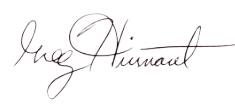
Greg Hinnant
Greg Hinnant Ministries


